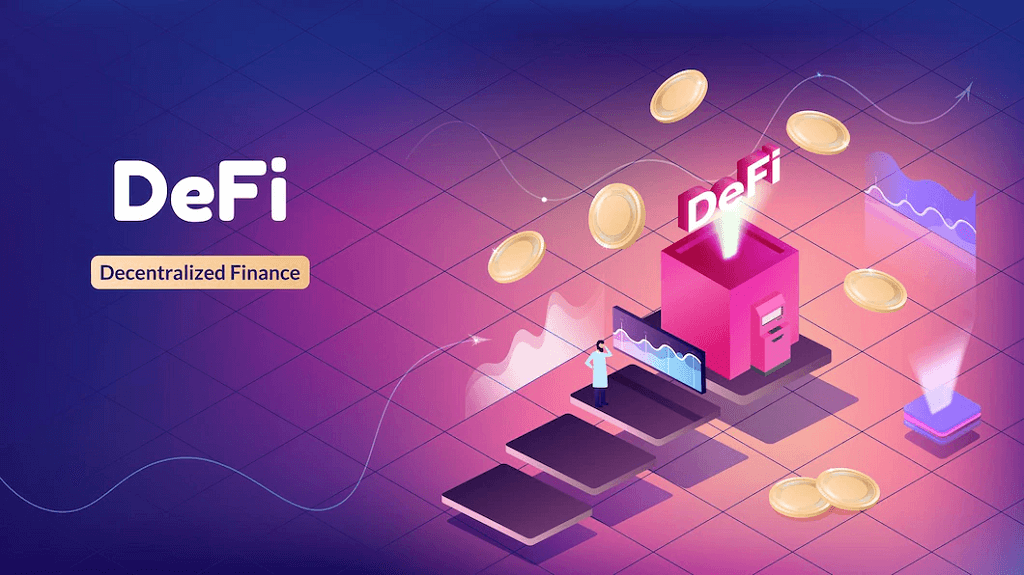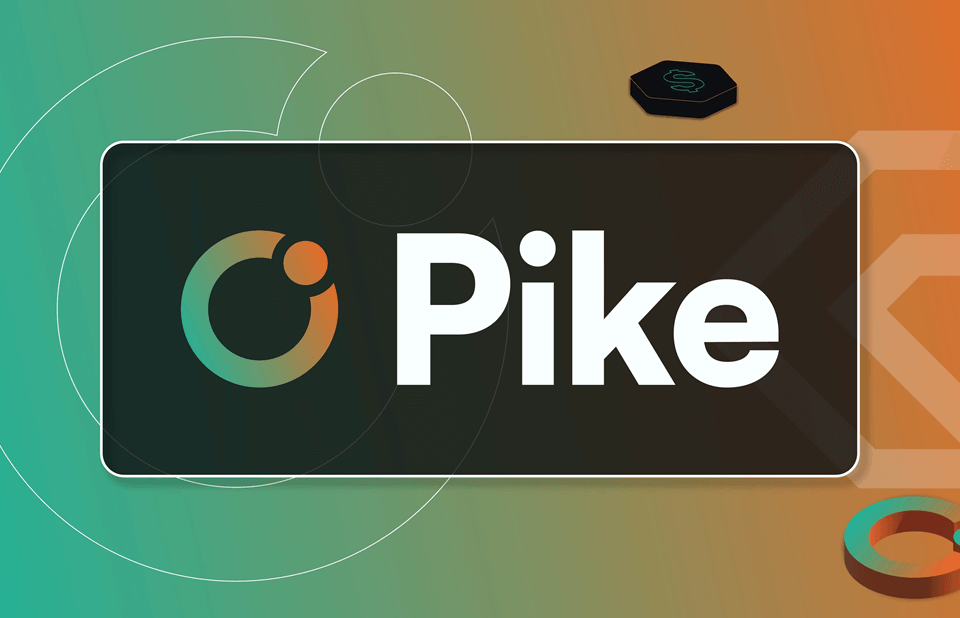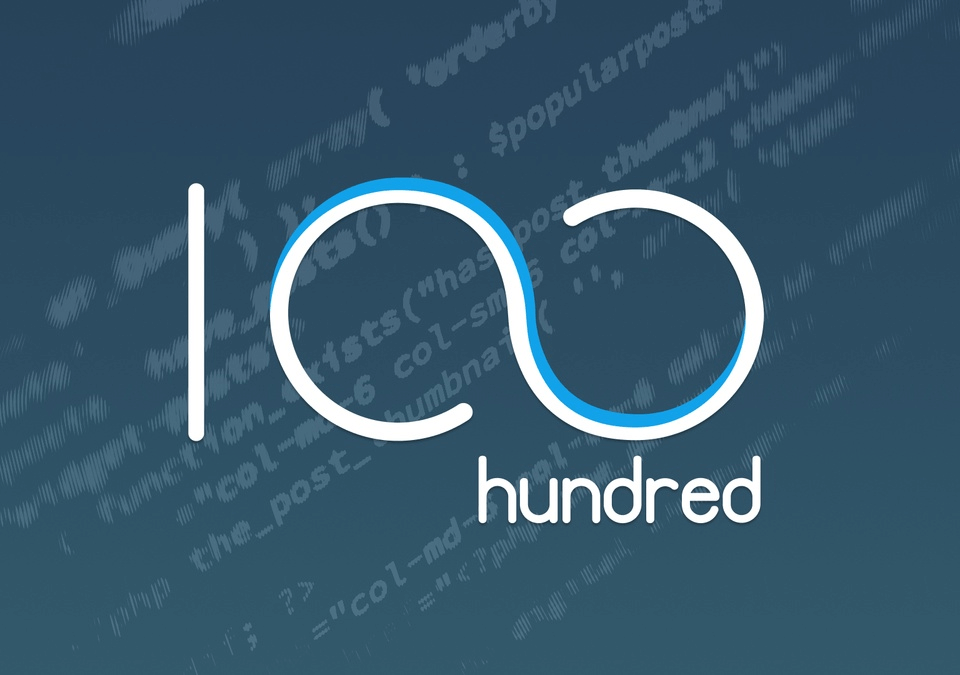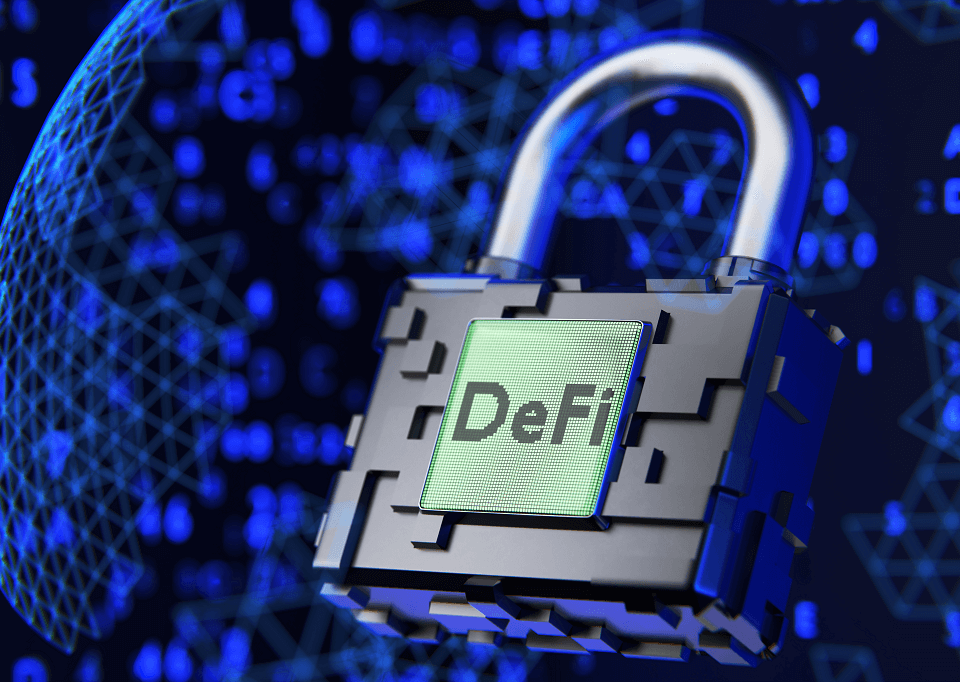DECENTRALIZED FINANCE (DeFi)
What is Decentralized Finance (DeFi)?
Embracing the groundbreaking world of Decentralized Finance, commonly known as DeFi, introduces a new financial framework that utilizes the inherent potential of distributed ledger technologies. This transformative system ensures an array of financial services such as investing, lending, or crypto asset trading.
What sets DeFi apart is its core philosophy of autonomy, reducing the need for traditional, centralized institutions. This innovative approach empowers users by promoting direct peer-to-peer interactions, consequently redefining the landscape of financial transactions and pushing the boundaries of what we perceive as the traditional financial system.

Key Characteristics of DeFi
At the heart of DeFi lies the ingenious invention of decentralized applications, or DApps. These applications execute financial operations on distributed ledgers known as blockchains, a technology that first gained traction with Bitcoin and has since seen a more expansive application.
Unlike the traditional method that necessitates a centralized intermediary such as a cryptocurrency exchange or a conventional securities exchange, these transactions are directly conducted between participants.
This innovative process is mediated by smart contract programs, essentially the fundamental DeFi protocols. These protocols usually operate on open-source software, which is collaboratively constructed and upheld by a global network of developers, fostering an environment of transparency, accessibility, and collective growth.
How does DeFi work?
The advent of DeFi poses a formidable challenge to the traditional centralized banking system and other government institutions, advocating for a seismic shift towards peer-to-peer digital transactions.
This cutting-edge framework empowers individuals by removing the shackles of exorbitant fees typically charged by banks and various financial firms for utilizing their services. Instead, individuals securely maintain their wealth in digital wallets, facilitating swift fund transfers in mere minutes.
The essence of DeFi lies in its universal accessibility; it democratizes financial services, allowing anyone equipped with an internet connection to partake in this burgeoning financial landscape. Thus, it represents an exciting frontier in the quest for a more inclusive, efficient, and transparent global economy.
Pros and Cons of DeFi
Although DeFi stands tall as a revolutionary financial technology, it also possesses certain kind of advantages as well as disadvantages. Some of them are noted below:
Pros
- Decentralized applications allow individuals to transfer capital around the world
- Investor’s ability to generate income
- High level of security
Cons
- Participation in DeFi is complex and not easily understood
- High risk of fraud and scams
- High level of volatility
Is Bitcoin a Decentralized Finance?
Bitcoin, recognized as the pioneer of cryptocurrencies, has paved the way for a slide of original financial innovations, DeFi being one of them. While Bitcoin itself is not DeFi, it significantly contributes to the DeFi ecosystem.
DeFi is essentially a financial infrastructure built upon blockchain technologies that encompasses a broad range of financial services and applications. These services and applications are designed to utilize cryptocurrencies, including Bitcoin, as integral components of their operations.
Therefore, Bitcoin isn’t DeFi per se, but it plays a vital role within the DeFi landscape, contributing to its broader ecosystem and underscoring the intertwined nature of these revolutionary financial technologies.
YOU CAN WIN $200 EVERY HOUR




